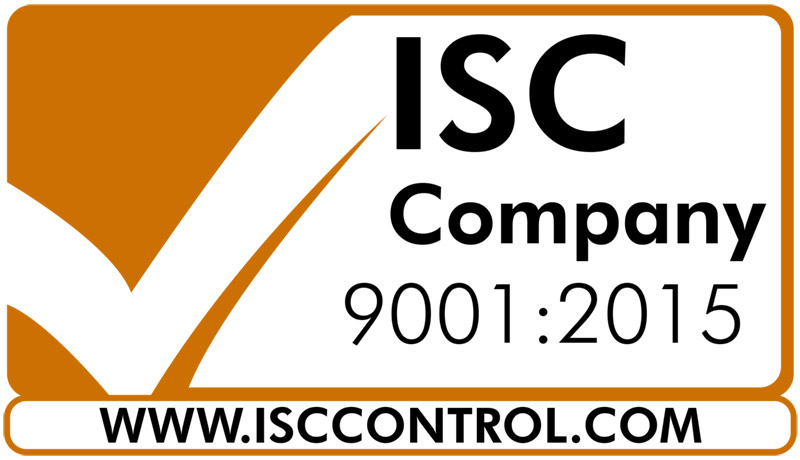ISO 9001 – Quality Management Certification
Quality Management (QMS) protects & future proofs your business What is ISO 9001
ISO 9001 is the most widely used international ISO Standard. ISO 9001 specifies the basic requirements that an Organization should follow in order to provide quality services to its customers. ISO 9001 is based on seven quality management principles: Customer focus, Responsibilities of the Management, participation of human resources on work-flow processes, procedural approach of the workflow, continuous improvement, documented decision-making and mutual-benefit relationships with the suppliers.
Quality Warranty – Quality Management System Requirements
Quality Warranty is a Quality Management Standard that organizations around the globe are choosing to demonstrate their commitment to Quality Assurance. While this standard addresses all requirements of a QMS compliant to ISO 9001, it is much easier to implement and to maintain. Consequently, implementation is usually less resource intensive and more cost effective. This makes Quality Warranty a perfect alternative for small to medium size organizations. However, all types of organizations can achieve certification to this standard from primary producers, transport companies, fruit and produce agents, manufacturing companies, civil engineering, construction, government bodies, through to professional service providers and retailers.
Quality Warranty has some advantages over ISO 9001, these are:
- the certification is often more cost effective.
- the certification logo can be used on products and packaging to demonstrate your commitment to quality (this is not allowed with ISO 9001 certification).
- consumers are more likely to know what Quality Warranty is rather than ISO 9001.
- the standard has been laid out in a simple user-friendly format.
- one of our auditors described it as “a very workable, easy-to-understand standard that is not full of ‘mumbo-jumbo’ to baffle all potential clients”.
ISO 9001:2015
Quality Management System
The benefits are.
The main objective of ISO 9001 is to improve the overall performance of the Organization and create a strong foundation for sustainable development initiatives. The implementation of ISO 9001 evaluates the overall framework of operation of an organization so that it aims at the customer satisfaction. ISO 9001 increases the productivity and profitability of the Organization within the respective legislative and regulatory frameworks and identifies risks and opportunities for improvement. In many cases, ISO 9001 is a prerequisite for the participation of an Organization in tenders and agreements with other organizations.
New version of the Standard
Audits based on the previous version of the standard, ISO 9001:2008, ceased to be performed since 15/3/2018. Similarly, ISO 9001:2008 certificates will not be valid from 15/9/2018. Contact us to get informed about the changes required to update your certificate to the new version ISO 9001:2015.
Certification Process / Required Documents
The Organization interested to achieve certification against ISO 9001 standard requirements contacts ISC Control and fills in the certification application.
An initial audit is conducted and if successful, a certificate of compliance is issued that is valid for 3 years, provided that the organization undergoes annual audits.
Why Choose ISC Control as Your Certification Body?
Global Recognition
Selecting the right organization or certification body that offers qualitative and credible training and certification services can be a challenge. However, by choosing an accredited certification body, such as ISC Control, proves that you follow best practices, up to speed, and trustworthy.
Professionals who pursue a ISC Control con certification credential will benefit from the recognition in domestic and overseas markets. Being accredited by some of the strictest and most reputable accreditation bodies in the world gives us global recognition.

